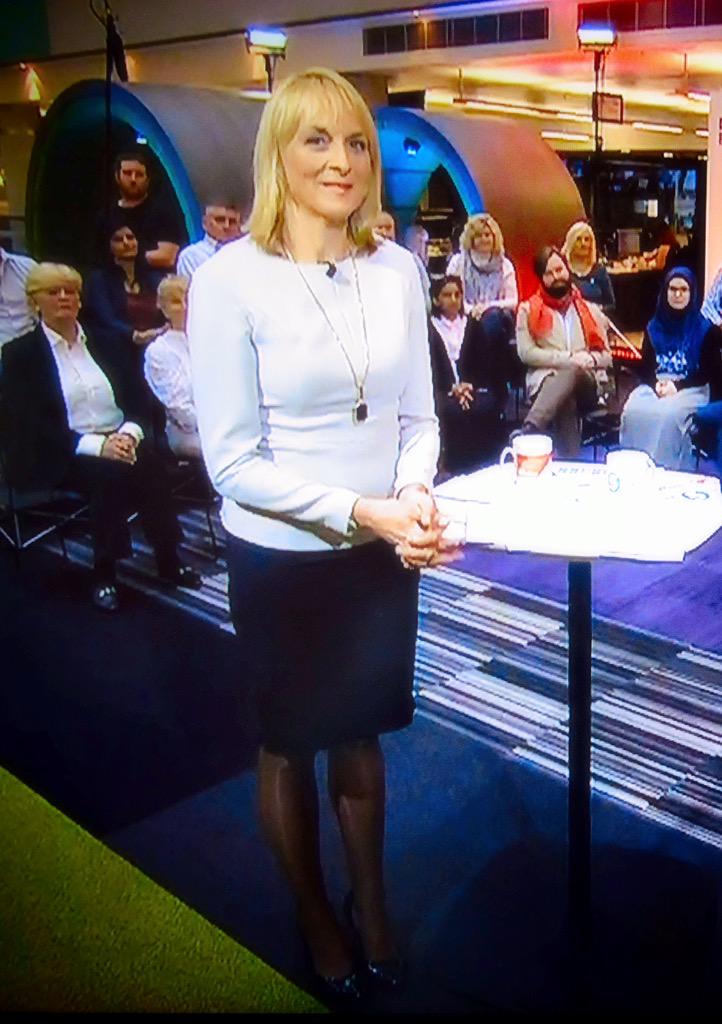


Almost every time I have employed receptive listening techniques, I have found some common ground with those disagreeing with me or at least decreased the intensity of the discussion.
We hold the line full#
That is, we should give our full attention to what others are saying and observe their effects while speaking without trying simultaneously to formulate our own opinions and responses. No person, law, or principle forces us to engage in ad hominem attacks.Īnother line we should hold is to employ receptive listening. I suspect no ad hominem attack has ever changed anyone’s mind or behavior. In this context, our civil and criminal laws are coercive because, while they may have some welcomed positive influence on our behavior, they do not change hearts and minds.
We hold the line free#
I look as these imperatives in conjunction with my commitment to free speech as models for letting our ideas and the ideas of others compete in the marketplace of ideas without coercion. Herein all the children of God may unite, notwithstanding these smaller differences. (2) Though we cannot think alike, may we not love alike? May we not be of one heart, though we are not of one opinion. Abhor every approach, in any kind or degree, to the spirit of persecution, if you cannot reason nor persuade someone into the truth, never attempt to force someone into it. Let everyone use their own judgment, because all must give an account of themselves to God. Let everyone enjoy the full and free liberty of thinking for themselves. (1) Condemn no one for not thinking as you think. But, two quotes from John Wesley come to mind, as adapted for today’s inclusive language: Yes, sometimes expression of our well-thought-out speech may cause pain to those who disagree with us. So, what line should we hold during this time of national discord? We should, first and foremost, eschew intentionally harmful speech. McGill is: His columns did not employ ad hominem attacks, even though many of his segregationist opponents certainly engaged in these types of attacks. I think one teaching we may take from Mr. Why almost? Because my Judeo-Christian principles tell me that I should not engage in conversations or forums that violate those values even though I have free speech in the civil arena. I have a great intellectual and emotional attachment to almost unrestricted free speech.

A great contributor to the hostility of people participating in these forums is the widespread devolution into ad hominem attacks: That is, attacking the person rather than attacking the person’s ideas and opinions. The ready availability of uncensored Internet forums serves to exacerbate the present discord. integration battles in the South and the pro- vs. The only situations that remotely came close were during the segregation vs. Looking back from the perspective of my long years of political awareness, I can without hesitation say I have never seen our country so dived against itself as we are presently. I could not, of course, keep my opinions to myself-a circumstance that did not endear me to my family and many of my friends. During those early years, I came to the intellectual conclusion that segregation/racism was immoral and a waste of our resources. Ralph McGill, best known as an anti-segregationist editor and publisher of the Constitution, greatly influenced my political understanding. Generally, I read copies of each paper every day. I always managed to secure an extra free copy of the Constitution from the local newspaper distributor. I became politically aware in Junior High School when I delivered approximately 100 copies of the afternoon Atlanta Journal before it combined with the morning Atlanta Constitution. those with profound antagonism toward him? socialists, and pro-supporters of President Trump vs. What line should those of us not in the military hold in this time of national division with approximately half of our citizens divided against the other half, e.g.

That is the task of the United States Military. As a corollary, we may accept he was telling his troops to be ready to wreak unrelenting havoc upon our enemies. Mattis referring? We may reasonably infer he was telling his troops to defend our homeland and vital interests abroad without worrying about the political implications. You just hold the line until our country gets back to understanding and respecting each other and showing it.” James Mattis’ remarks to his troops about “holding the line” are inspiring: “Our country right now, it’s got problems we don’t have in the military. The non-military meaning today alludes to maintaining the existing position or state of affairs. The term, hold the line, originally referred to military tactics in which a line of troops was supposed to prevent an enemy breakthrough.


 0 kommentar(er)
0 kommentar(er)
